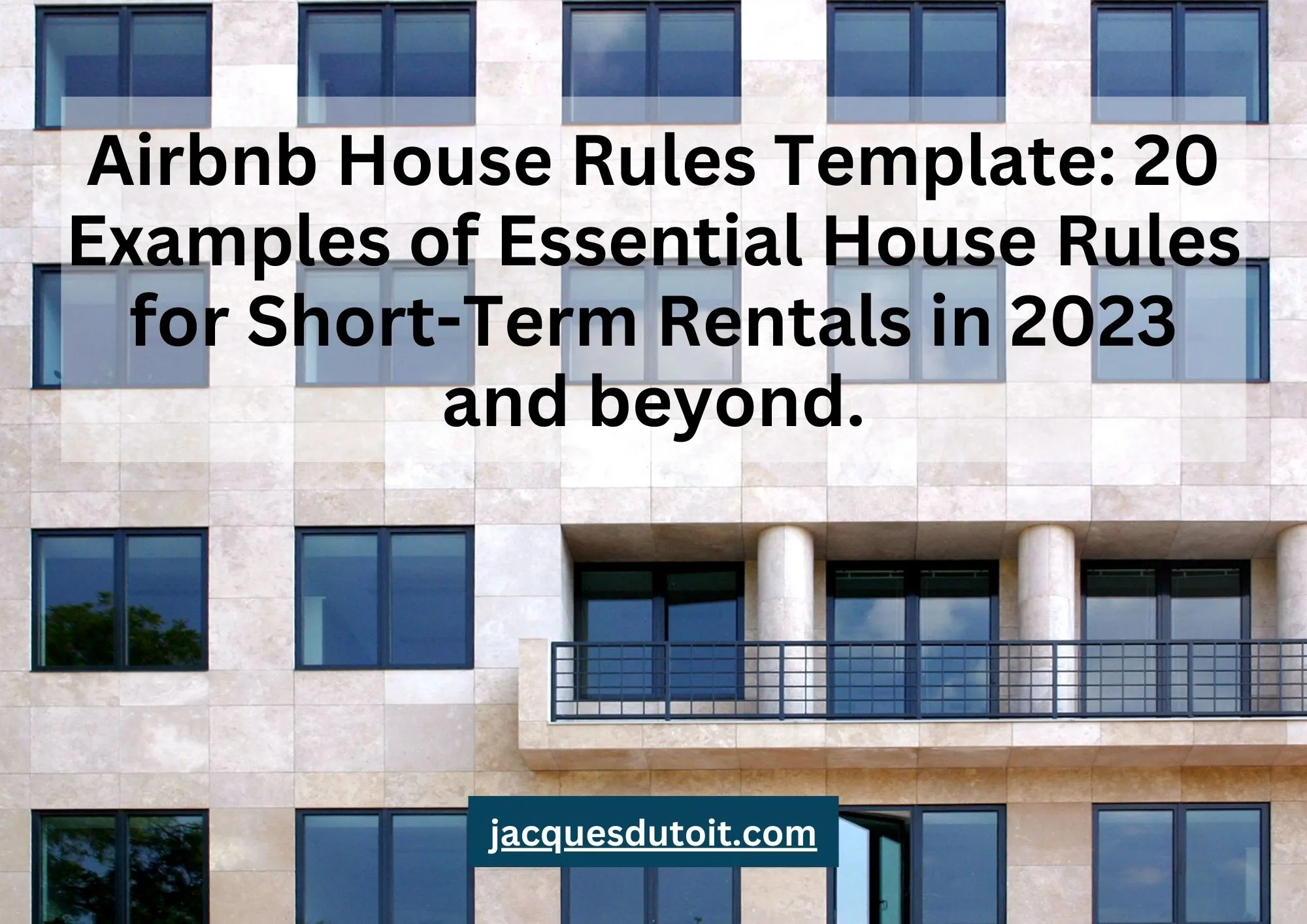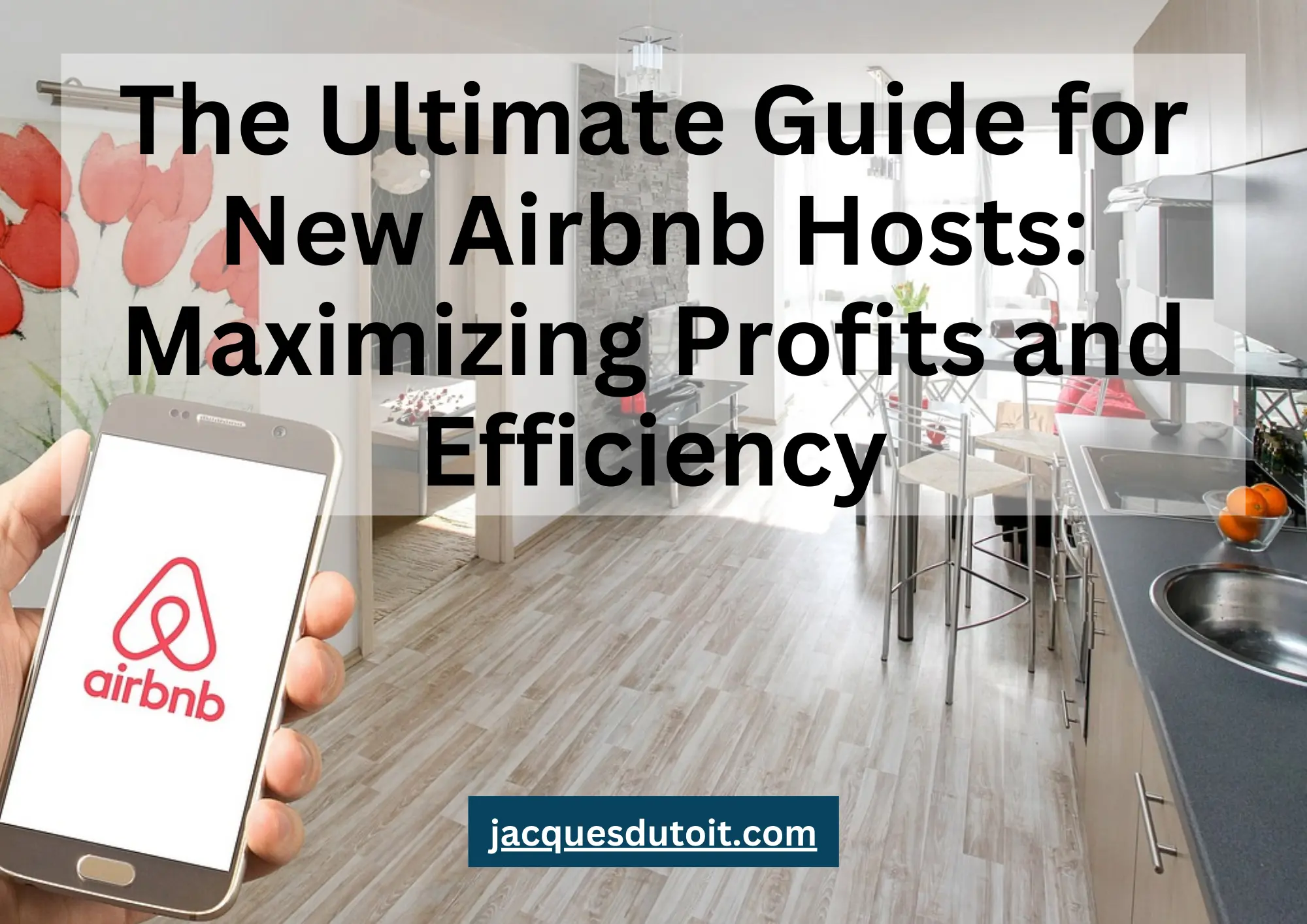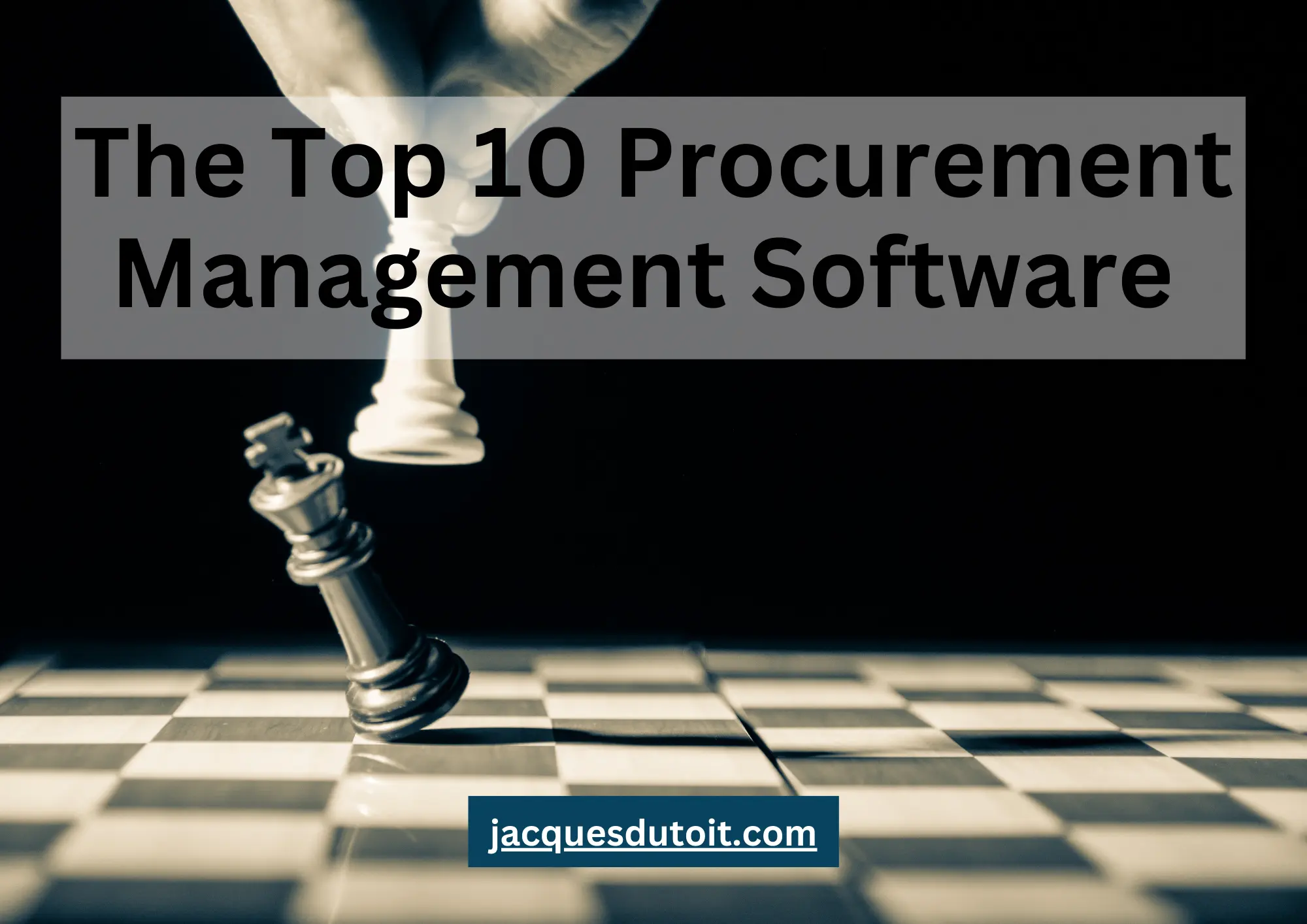Top of mind for many people is how to start an Airbnb business. This comes as no shock, since the travel industry just keeps growing, Airbnb keeps expanding and hosts are reporting exceptional earnings!
It might seem like a hands off business to start (and it certainly can be if you do it right!), but it’s critical to understand what goes into starting and running a successful Airbnb business in terms of time, money and planning before you get started.
Here are the core steps to start an Airbnb business.
The steps to start an Airbnb business
1. Find a suitable Airbnb property to rent
If you already have a property to Airbnb
If you already own or rent a property that has extra space to list on Airbnb, you need to determine whether there is enough demand, by using a combination of AirDNA & Airbnb. You can punch in your address on AirNDA’s Rentalizer to see your expected earnings (which is insanely accurate for gross earnings!) and look on Airbnb in your area to see how many listings there are and how regularly they are being booked.
Your gross earnings will be a multiple of your nightly rate and your occupancy percentage.
Determine if you want to buy or rather rent your property to list on Airbnb
This decision comes down to your affordability, as well as the area that you want to list your property in.
For Airbnb arbitrage (where you rent and sublease on Airbnb), you should be focusing on super high price-to-rent ratios. Examples like California in the US (according to FortuneBuilders) or Cape Town in South Africa come to mind, where you can easily rent a great place for $1200 (in Cape Town), but buying it would cost $300 000. When the rental is less than 0.5% of the purchase price, rather rent than buy.
If you have the affordability and want to buy in one of these low price-to-rent areas, then at least you can rest assured that you’re earning more money than traditional long term rentals.
If you are operating in a low price-to-rent area (The Southern & Midwestern States, according to Roofstock), then I would rather buy, as long as there is still high demand for short term rentals.
The average Airbnb host in low price-to-rent areas, such as Nashville, make around $4469, which still far exceeds the standard long term rental you can expect for similar properties.
Find out if you need permission
Once you’ve locked in on area and even a specific unit, it’s time to determine what types of permissions you need to have in place to start your Airbnb business.
- Permits
- Some states require you to register as a small business and require an STR permit. Best to check out your local state requirements.
- Owner / landlord
- If you already rent or plan to, it would be key to get the owner or landlord’s permission to sublet the property. This needs to be done formally, so make sure it’s included in the contract.
- Home owner’s association / building
- An important hurdle, whether you buy or rent, is to make sure the HOA or the building you’re in doesn’t explicitly ban short term rentals. And in general, you want to know that they’re friendly toward STR’s, otherwise you’re bound to run into problems.
Do some math to see if your Airbnb business is a good idea
It’s important to go into this business with open eyes and that means being aware of all your expected monthly expenses, such as:
- Fixed
- Insurance
- Rent/mortgage
- Airbnb’s commission, between 3% – 15% depending on area and settings on the platform. Check out Airbnb’s fees here
- Accounting
- Subscriptions (Netflix, cable, etc)
- Variable
- Cleaning
- Guest consumables, such as toilet paper, sugar, coffee, etc.
- Repairs and maintenance
- Utilities
- Extra hands to manage your listing
Subtract some of these estimates from your expected AirDNA earnings to see if it’s all systems go for your new Airbnb venture. If you end up with a positive amount, then you might have a winner on your hands! Be sure to aim for a minimum of $1000 a month if you’re planning to buy or rent a property specifically for arbitrage. If you live on the premises, this number can be as low as you’re comfortable with.
Running the numbers (link) correctly is crucial to the success of your Airbnb business & using a free template, like this one (link), can make life much easier.
2. Furnish and set up your Airbnb property
Furnishing
The best advice I’ve received is to pick a theme and stick to it. I prefer high end & minimalist units. They are easy to furnish, easy to manage and they look great!
Here are some other types of styles that you can use for inspiration:
- Boho/Chic – Contemporary art, warm colour tones and wicker furniture. Throw in a hammock and some other chill elements to round it off.
- Family friendly – think high chairs, camping cots, board games and a reduction of sharp edges. It’s important to make your space a place that families will enjoy and feel safe in.
- Budget traveller friendly – if your area is in a budget area, then furnishing it & charging accordingly is a great strategy. This doesn’t however mean that it needs to be boring and bland. Ikea and many other big box stores have great furniture to make it look upmarket.
- Industrial loft – Exposed brick, warm lighting and retro appliances are the order of the day.
Pro tip: Stay in your listing (or ask a friend) to get a feel for what your guests will experience. This will ensure that you spot areas for improvement before hosting your first guests.
Airbnb specific items
There are some Airbnb specific items that you’re going to need to make your guest’s stay as pleasant as possible. After 10 years in the Airbnb game, these are my recommendations:
- A fully stocked kitchen in terms of utensils and appliances. If you can have a washer, dryer and a dishwasher, this will be a major win. If you only have space for one, a washing machine is king, since it will help your laundry efforts on changeover days. And guests will love it too. A second would be a dryer (selfishly for you as host for laundry) and lastly, a dishwasher. Naturally, you’ll want to have all the usual suspects like a microwave, stovetop, oven, kettle and toaster. Anything else is a bonus.
- A backup Wifi device, like a mobile router with a sim card. Keep it in a drawer with instructions handy on how to use it, in case your primary provider becomes unavailable.
- A camp cot, if you have place to store it. You will drastically increase your amount of reservations since you’re able to attract families. I even do this in high end units and have had zero problems to date.
- Travel plugs and adaptors for the major parts of the world, along with enough electrical outlets & extension cords.
- Parking. If your place doesn’t offer parking, try to arrange parking nearby. Once again, this will drastically increase reservations and earnings.
Photography
This is the downfall of many a host. It is non negotiable to get professional photos taken. The difference in reservations between listings with and without good photos is staggering. Houst does a great job of illustrating the difference in quality and outcome.
Airbnb offers photography services in select cities, where they link you up with a paid photographer, which you can pay out of future host earnings. Pretty sweet deal.
Trust me – don’t skimp on this one.
3. Create your Airbnb listing for your new Airbnb business
Create a great title and accurate description
A great title and description will make you stand out and sell your place to potential guests. The goal is to be honest and accurate, whilst adding good copywriting.
Be sure to highlight the key amenities that would assist guests in clicking on and making a decision about your property.
Examples of great Airbnb listing titles:
- Amazing Views with pool & parking in Vibey Green Point
- Sunny Apartment in SEA POINT right by PROMENADE
- 2 bed Cabin in the Woods with Gorgeous views
Set your price
Pricing matters. Make sure to study the competition in your area. In the first month, price yourself lower to scoop up bookings and lock in those five star reviews. Thereafter, start raising your rates.
You can set your pricing yourself, use Airbnb’s smart pricing (I honestly cannot recommend it) or a third party tool like Pricelabs.
Set your availability
No one likes double bookings or reserving a place that isn’t available. You don’t like receiving guests when your place is not available, so act accordingly and make sure your calendar is always accurate and up to date.
If you have multiple variations of the same property on Airbnb, it’s important to sync up their calendars. If you plan to list on multiple vacation rental sites, I’d recommend investing in a good channel manager to sync up all those calendars.
4. Build your Airbnb Power Team to set you up for success
Cleaning Staff / Company
By far the most important component of any successful hosting journey. Your cleaner or cleaning company will make or break your success and earnings, so choose well. I prefer having a dedicated cleaner and to build a relationship with them. This way they will get very good at cleaning your listing with precision and speed, since it’s always the same person. I’ve found that cleaning companies often change staff and that slows down productivity.
If you choose to do the cleaning yourself, then make sure to factor in that time and cost into your earnings. Sometimes it’s better to outsource and get someone else to take care of this chore, but many hosts want to save on this expense. If you do have the time and don’t mind the work, then go for it. You’ll make a lot more money in areas where cleaning exceed $150 a clean and this can easily add $1500 to your monthly profits.
Contractors
You will need a good electrician, plumber and handyman on speed dial. My best advice is to pay them the same day that they deliver the service or as soon as you receive their invoice. That way they will always be available when you need them, because contractors like to work for people that pay them quickly and without hassle.
Co-host / virtual assistant
For peace of mind, hosting from a distance or just needing an extra pair of hands, a co-host or virtual assistant can go a long way in sharing your hosting responsibilities. Adding a VA to my team changed my life and I’ll never go back. A good co-host will help with guest communication and potentially be an extra pair of boots on the ground.
VA’s can be added for anywhere between $8-$30 an hour, depending on the country they operate from. Most co-hosts will charge between 8-15% of gross revenue.
Emergency Contact / Boots on the ground
Whether you or your co-host lives nearby, you’ll always want someone that can go out to your listing in an emergency or when physical hands are needed. Trust me, this will happen. If you plan well, it won’t happen often, but it will happen. I’ve had many emergencies this last decade, from burst water tanks to mice. (note for link). Having someone physically go there has been the difference between a 1 and a 5 star review, despite guests having to check out in the middle of the night.
Property Manager
If you’re not planning to self manage or give your listing entirely to a co-host, then you’ll need to entrust a property manager with your listing. Ask them for references (and call them) and also for links to their current client listings on Airbnb. If they don’t have an average of a 4.8 rating or more across their listings, look for one that does.
A good property manager will give you a monthly report and my advice is to still look at your listing’s reviews on a weekly basis, to ensure they are managing your listing to your standards.
Accountant
Taxes are important in all businesses. Starting an Airbnb business is no different. Get an accountant or CPA to help you calculate and file correctly and on time.
If you’re going to do it yourself, sign up for a cheap accounting package like Wave (US or Canada) or Zoho Books (everywhere else).
5. Supercharge & optimize your Airbnb business – the listing, the property and your workflow
Airbnb listing
Spying on your Airbnb competition
Once a month, look at your competition & the top performing listings on Airbnb in your area (and further) for opportunities to stand out on the platform or to make your property more inviting. This has paid me a lot of dividends over the years, since tastes change and usually the market responds accordingly.
Marketing your listing directly and pushing that traffic back to Airbnb
I wish I had started collecting email addresses and contact numbers for my guests from day one, instead of only in 2021. I now have my own newsletter where I market directly to my guests. I don’t take direct bookings, so I push them back to Airbnb, because I like AirCover too much. But this has pushed my occupancy even higher and lead to me passing on leads to hosts in my area. Win win all round.
Property
Routine vs reactive maintenance
Routine maintenance is where you get in front of the problem. Reactive maintenance is when you’re made aware of the problem – usually by your guest.
It’s imperative to be proactive about issues at your property, so they don’t pop up when you have guests. Regularly inspect the property for known issues that your specific property might have, such as pests specific to your area, high salt content in the air for oceanfront properties and many other similar issues. Also perform routine maintenance on items such as air conditioning units, drain pipes and gutters, to name a few.
Routine inspections for quality control
In order to make sure you offer Superhost service to your guests, it’s necessary to do regular spot checks to your property before guests arrive. This is to ensure that your housekeeping and other power team members are performing well and presenting your place the way you want it presented to your guests.
Workflow
Once your Airbnb business is off to a good start, it’s time to start thinking through and tweaking your workflow. Few hosts realise that the guest lifecycle is always the same and that you can templatise all your messaging and processes. This will free up endless amounts of time and ensure peace of mind, since you know your guests always have what they need, exactly when they need it.
I recommend a good channel manager to assist with this, along with a quick look into all your daily and weekly tasks, in order to create repeatable steps.
Lastly, buy in bulk whenever possible, and at select intervals, in order to make shopping easier for your listing.
Conclusion
If your goal is to start an Airbnb business, these tips will go a mighty long way in ensuring you set yourself up for hosting success!
P.S. Want to know when my next post lands? Sign up below.








